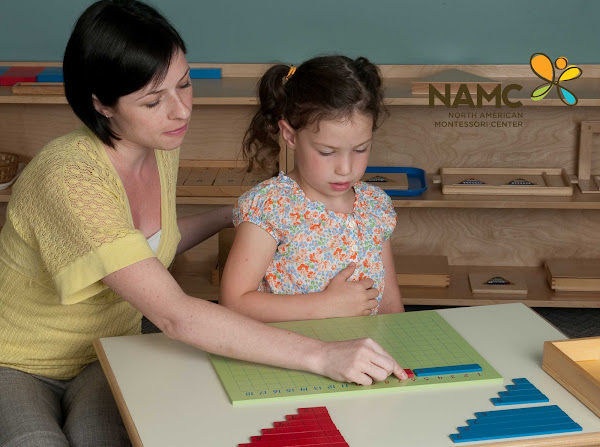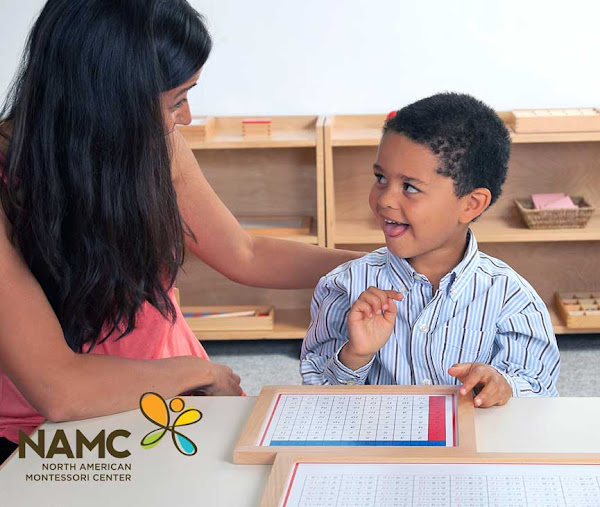Hands-On Montessori Materials: The Key to Effective Learning Beyond Memorization
 |
| Pink Tower |
Engaging the Senses
One of the fundamental principles of the Montessori approach is to engage the senses in the learning process. By using hands-on materials, children are actively involved in their own education. These materials stimulate multiple senses, such as touch, sight, and even hearing, resulting in a more holistic and effective learning experience. When children manipulate objects and physically interact with Montessori materials, they internalize concepts and build a solid foundation for future learning.
 |
| Addition Strip Board |
Moving from Concrete to Abstract
The transition from concrete to abstract understanding is a critical aspect of education. Montessori materials facilitate this transition seamlessly. For example, the Addition and Subtraction Strip Boards enable students to comprehend mathematical operations visually and physically. As they progress, they develop a mental image of the abstract concept of numbers and calculations. This method helps students move beyond rote memorization, developing not only a visual understanding but also muscle memory which builds neural pathways. This allows children to grasp the underlying principles and apply them in various contexts.
Mastery and Independence
Montessori materials empower students to become independent learners. The Addition, Subtraction, Multiplication, and Division Finger Charts serve as invaluable tools for mastering math facts. Instead of memorizing isolated facts, children engage in hands-on exploration to discover patterns and relationships among numbers. This approach cultivates a deep understanding of mathematical concepts, enabling students to solve problems creatively and with confidence.
 |
| Addition Finger Chart |
Personalized Learning
Montessori materials accommodate individualized learning, providing children with the opportunity to learn at their own pace. The variety of Montessori materials allows all learners to progress at their own speed, with small incremental steps that lead to abstract comprehension. The use of Montessori materials caters to diverse learning styles, ensuring that each child's needs are met.
Cognitive Development
The Bead Cabinet Material is a valuable resource for developing cognitive skills. By manipulating beads of varying quantities, children internalize the concept of quantity, counting, skip counting, and even squaring and cubing. They develop number sense and mathematical reasoning, transcending mere memorization of mathematical facts. The bead cabinet material fosters critical thinking, problem-solving, and logical reasoning skills, setting the stage for lifelong learning.In the Montessori classroom, hands-on materials play a pivotal role in promoting deep learning and understanding. Experiential learning with Montessori materials allows children to truly internalize concepts. As Montessori teachers, we have the privilege of guiding young minds towards meaningful learning experiences. By providing students with hands-on opportunities and engaging them with Montessori materials, we build their love of learning and critical thinking skills, and we empower them to become independent life-long learners.
Learn more about the Montessori materials and presenting activities by enrolling in NAMC’s Montessori Early Childhood Diploma Program. Begin your Montessori journey with NAMC today!
Michelle Zanavich — NAMC Tutor & Graduate